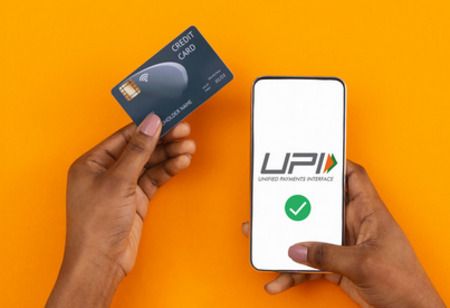
PCI Urges Prime Minister to Reassess Zero MDR Policy on UPI, RuPay


The Payments Council of India (PCI), a grouping of non-banking payment sector stakeholders, wrote to the Prime Minister, urging an immediate reassessment of the zero merchant discount rate (MDR) policy concerning Unified Payments Interface (UPI) and RuPay debit card transactions.
The government has offered financial incentives to mitigate some operational expenses within the ecosystem, however, the letter appears to highlight that the Rs 1,500-crore allocation only addresses a small portion of the estimated Rs 10,000-crore annual expenditure needed to sustain and enhance UPI services.
The PCI stressed on maintaining the growth of digital payments in the country as it necessitates ongoing investments in innovation, cybersecurity, merchant onboarding, compliance, and IT infrastructure.
To tackle this issue, the industry is said to have recommended implementing an MDR for RuPay debit cards applicable to all merchants and a modest MDR of 0.3 percent for UPI transactions solely for large merchants.
This suggestion is believed to be consistent with the current MDR frameworks for other digital payment solutions, such as credit cards (around two percent) and non-RuPay debit cards (approximately 0.9 percent).
The PCI is said to have reassured the government that introducing a nominal MDR for RuPay debit cards and UPI (for large merchants) might not cause any operational issues, even in the immediate term, as these merchants are already familiar with MDR for other payment methods.
According to the industry group, roughly 60 million merchants in India accept digital payments, with 90 percent classified as small merchants according to the RBI's definition (annual turnover of Rs 20 lakh and below), while about five million merchants are identified as large enterprises.
Allowing MDR for RuPay debit cards and UPI for large merchants will foster viable monetization for service providers, ensuring that the adoption of digital payments remains uninterrupted at the grassroots level, given that these merchants already incur MDR for various payment systems.
The PCI noted that without MDR, the sustainability of the overall infrastructure is jeopardized.
Also Read: How Anand Mahindra Made a Gamble with the SUV Market and Triumphed
Additionally, establishing a reasonable MDR for large merchant transactions will enable the industry to keep investing in innovation, cybersecurity, grievance resolution, and merchant support, ultimately guaranteeing the continued success of UPI.